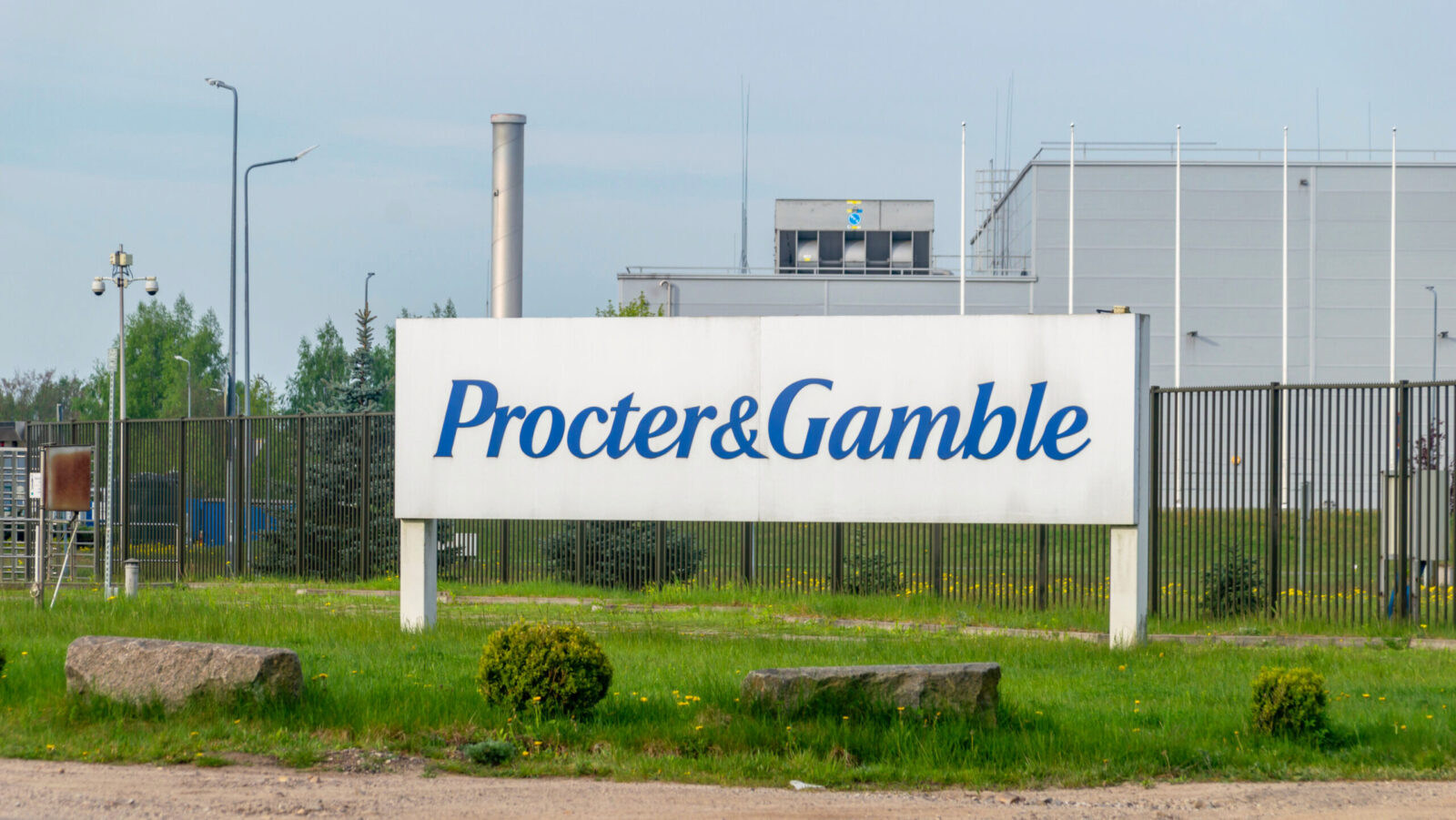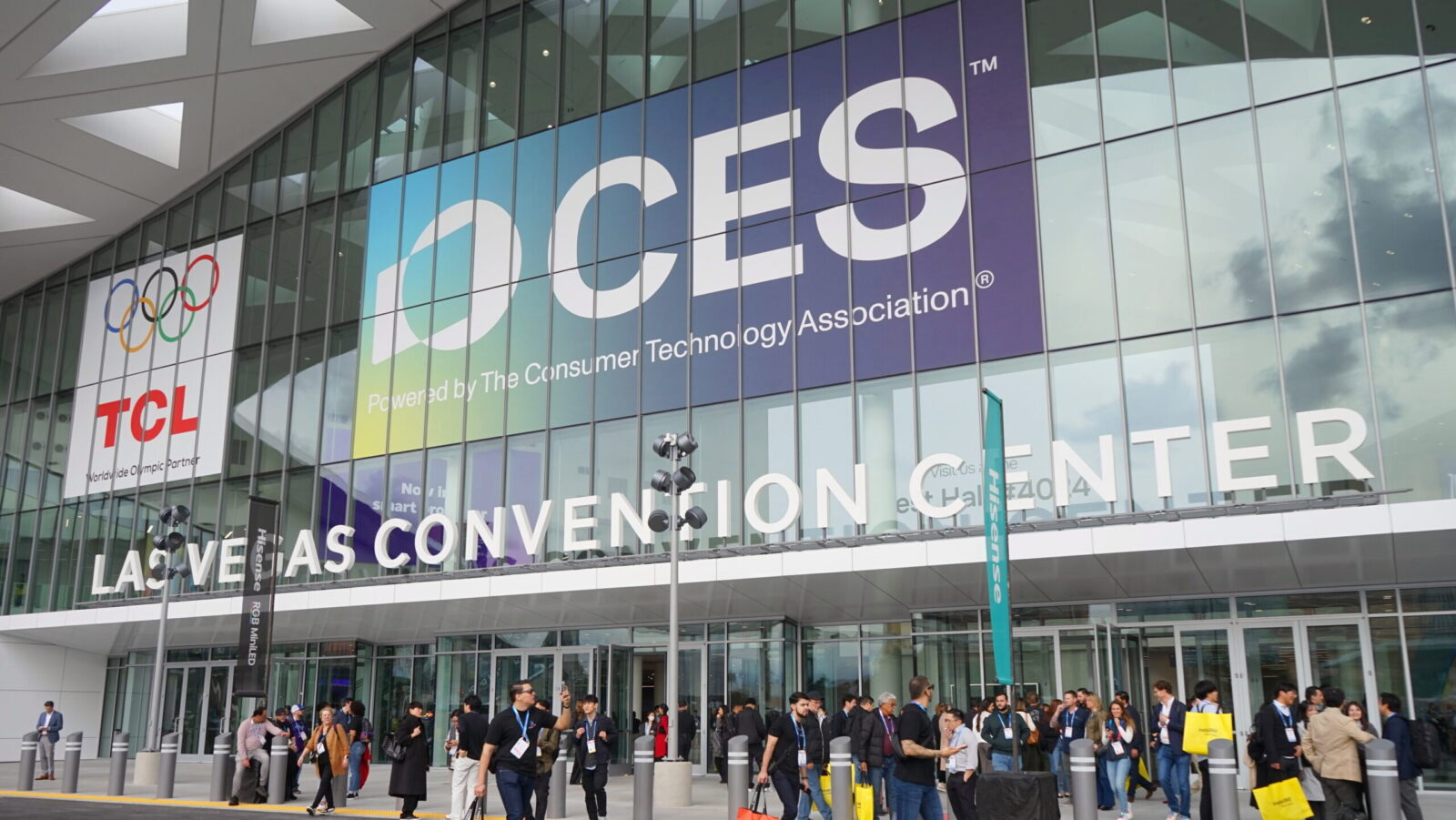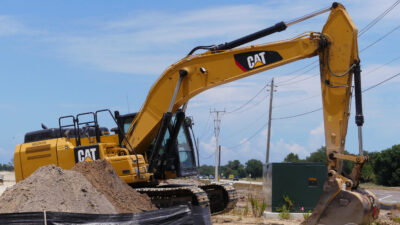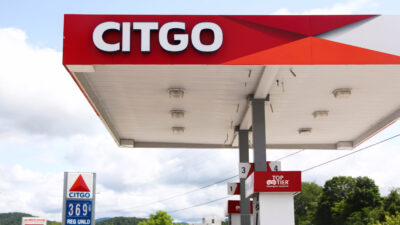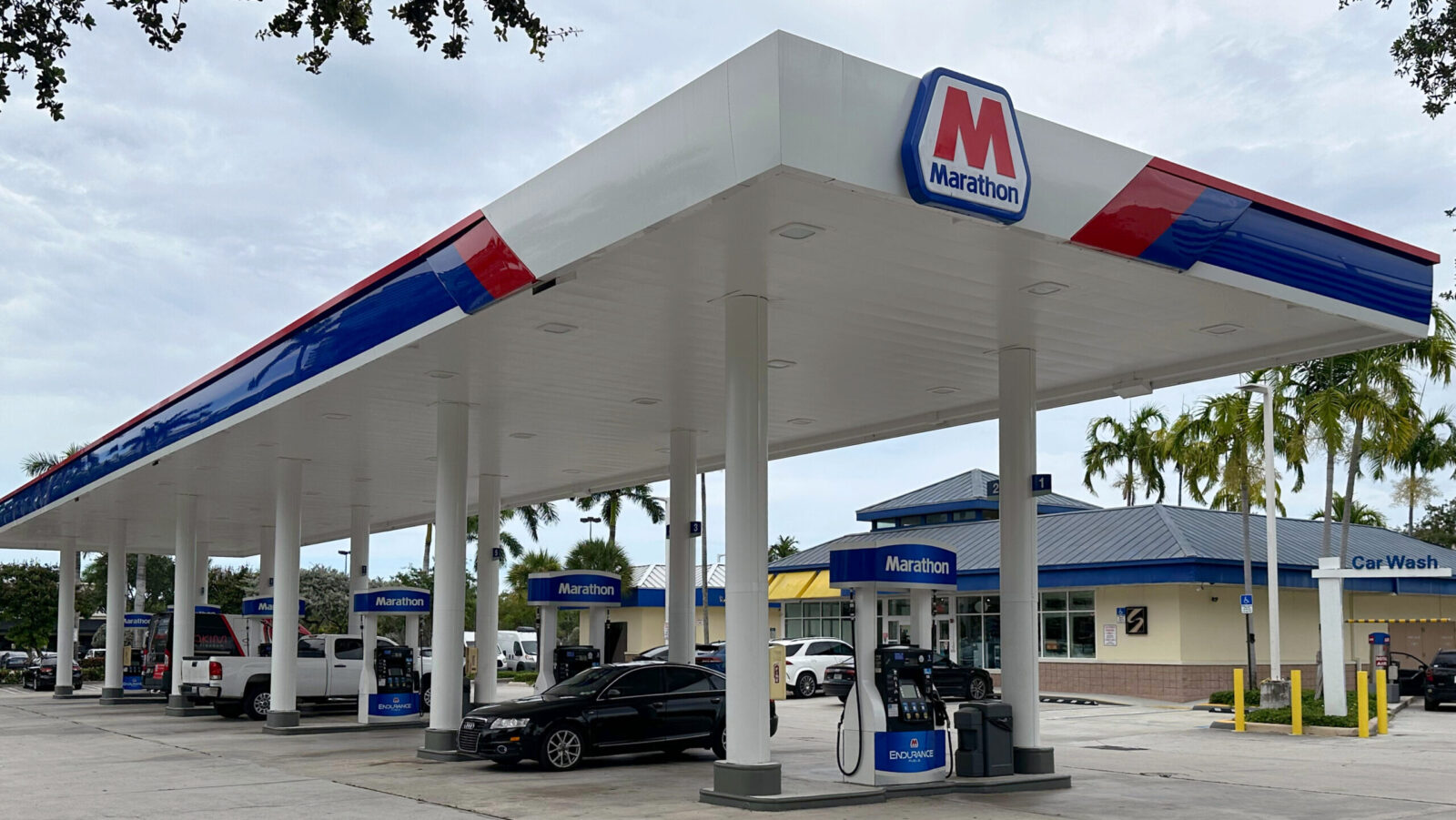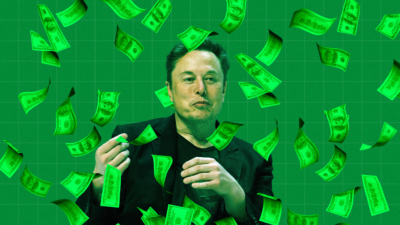Watch Your Freight: Railroad Giants Talk $200 Billion Merger
A merger between Norfolk Southern and Union Pacific would create a coast-to-coast rail operator, something that doesn’t exist in the US.
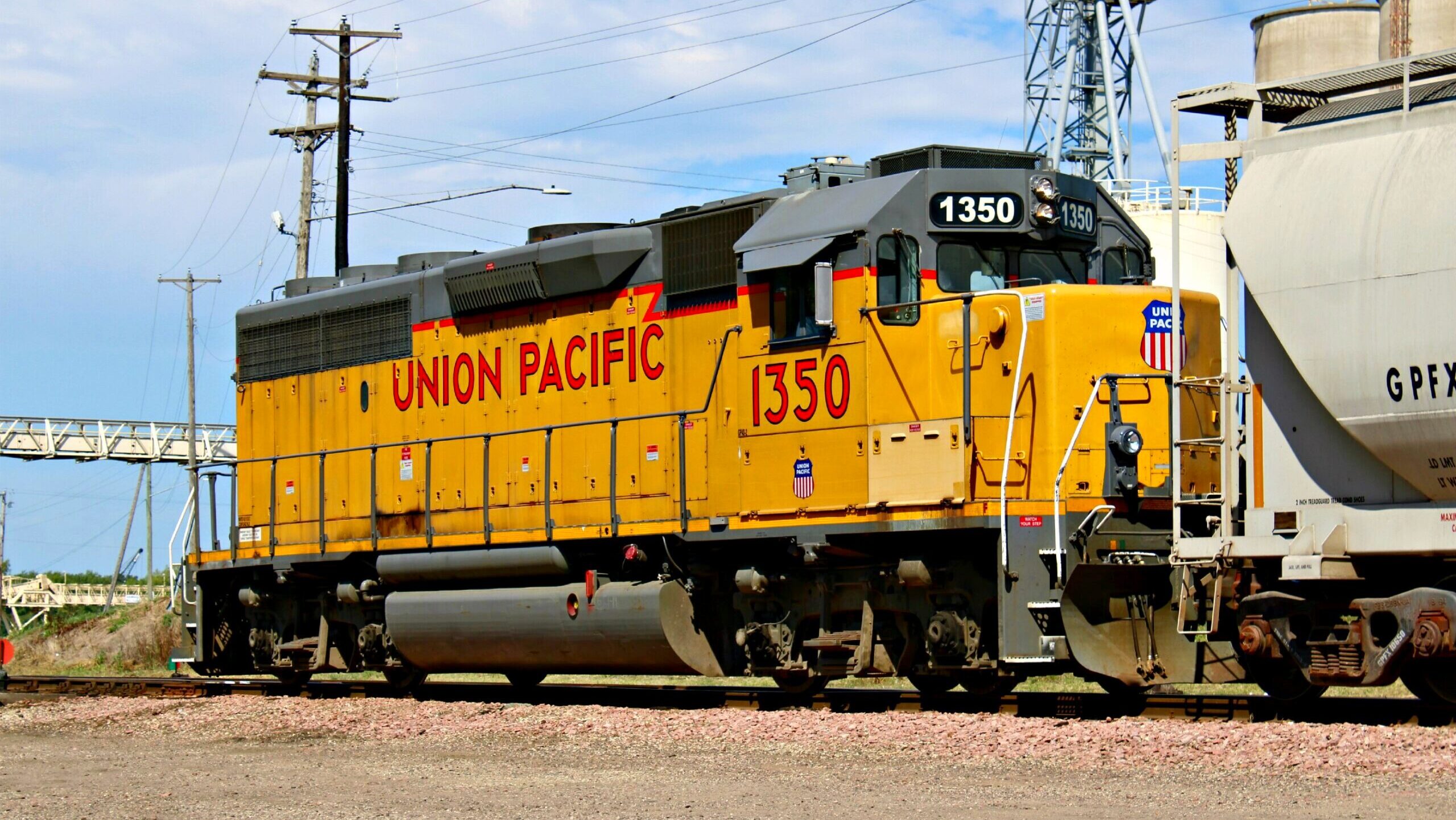
Sign up for smart news, insights, and analysis on the biggest financial stories of the day.
America’s largest railroad operator, Union Pacific, confirmed Thursday that it’s in “advanced” talks with rival Norfolk Southern to put a Janney coupler between their operations in the form of a $200 billion coast-to-coast merger.
Not only would a proposed deal have major implications for the freight business, it would present a key test for the Trump administration’s consolidation-friendly rhetoric. Not to mention, other railway owners, including holdings giant Berkshire Hathaway, are already looking to hitch their freight wagons.
Antitrust in US
If Union Pacific and Norfolk Southern can hammer in the spikes of a deal, it will amount to the largest ever railroad buyout. Union Pacific, which dominates the western half of the United States with over 32,000 miles of track west of Chicago, has a $130 billion market capitalization, and Norfolk, with its 19,500-mile network in 22 eastern states, is valued at $62 billion.
It would also create a coast-to-coast rail operator, something that doesn’t exist in the US and which Union Pacific and Norfolk Southern executives have said would be good for business.
And not just theirs: A single-line service across the country would allow for goods from agricultural products to cars to chemicals to move more efficiently without supply chain bottlenecks in Chicago, where necessary carrier handoffs can lead to backlogs and shipping delays that cost companies. But first come the regulatory barricades:
- The last major rail merger was the $31 billion tie-up of Canadian Pacific and Kansas City Southern, resulting in the only single-line rail network that runs through Canada, the US and Mexico. Approval in 2023 came after two years of regulatory scrutiny and opposition from unions and some customers who feared less competition might mean higher freight rates.
- The Surface Transportation Board (STB) under Chairman Patrick Fuchs, a Trump appointee tapped in January, has suggested it will move faster when assessing consolidation and focus on enforcing any conditions once deals are completed. Union Pacific, meanwhile, was clear that the merger talks could be derailed well before they reach the regulator.
Union Pacific reported its second-quarter earnings Thursday, with sales up 2% year-over-year to $6.1 billion, in line with Wall Street’s expectations. But its shares tumbled 4.5% due to the merger news: As the likely acquirer of the smaller Norfolk Southern, it would have to pay a premium on Norfolk’s shares. While Class I railway mergers are rare, with Canadian Pacific-Kansas City being the only one since 2001, they’ve been good for bottom lines. Union Pacific, for example, is the product of multiple mergers in the 1990s and has seen its operating profit margin rise over time to roughly 40%, from less than 30% in 2010.
Buffett of Options: Earlier this week, Berkshire Hathaway CEO Warren Buffett denied that BNSF Railway, which is owned by his conglomerate, hired Goldman Sachs to advise it about potential mergers. But that train may have left the station: CNBC reported Thursday that BNSF and rival CSX are exploring merger options, while the STB has already begun preliminary work in anticipation of not one, but two, merger proposals.
